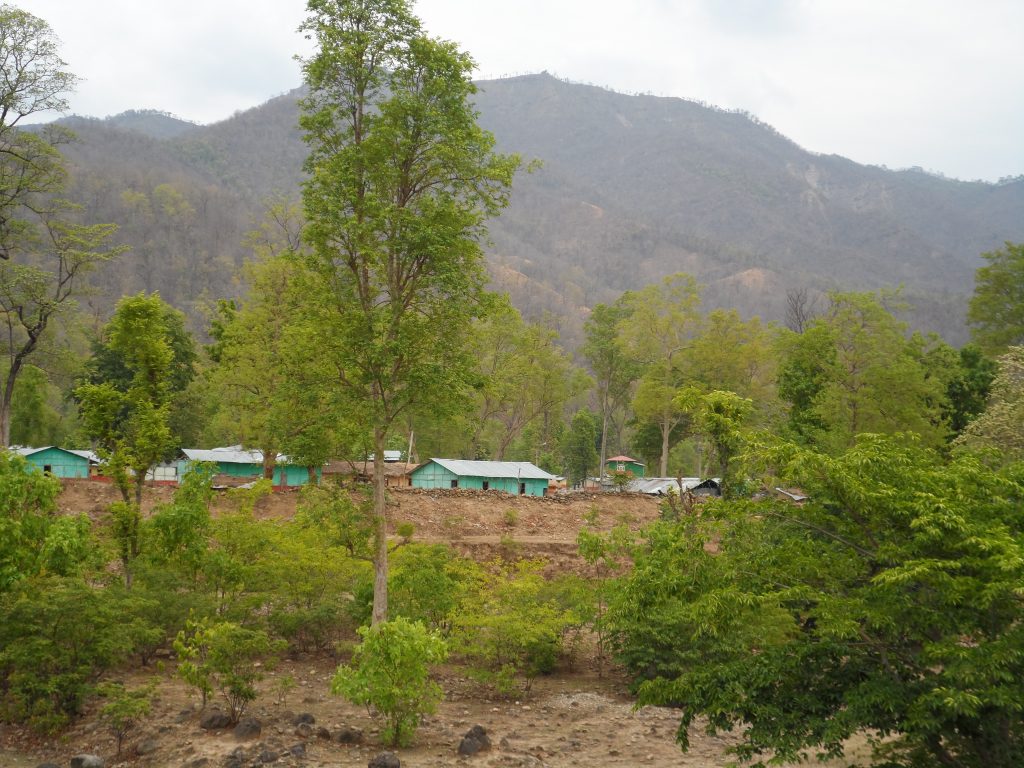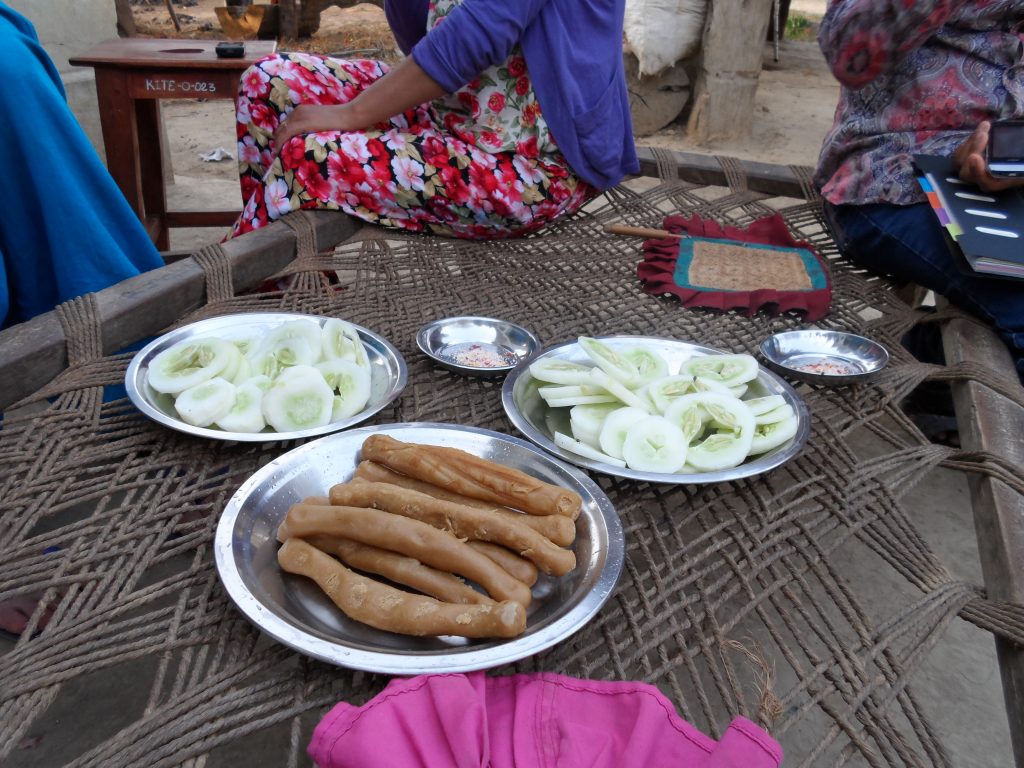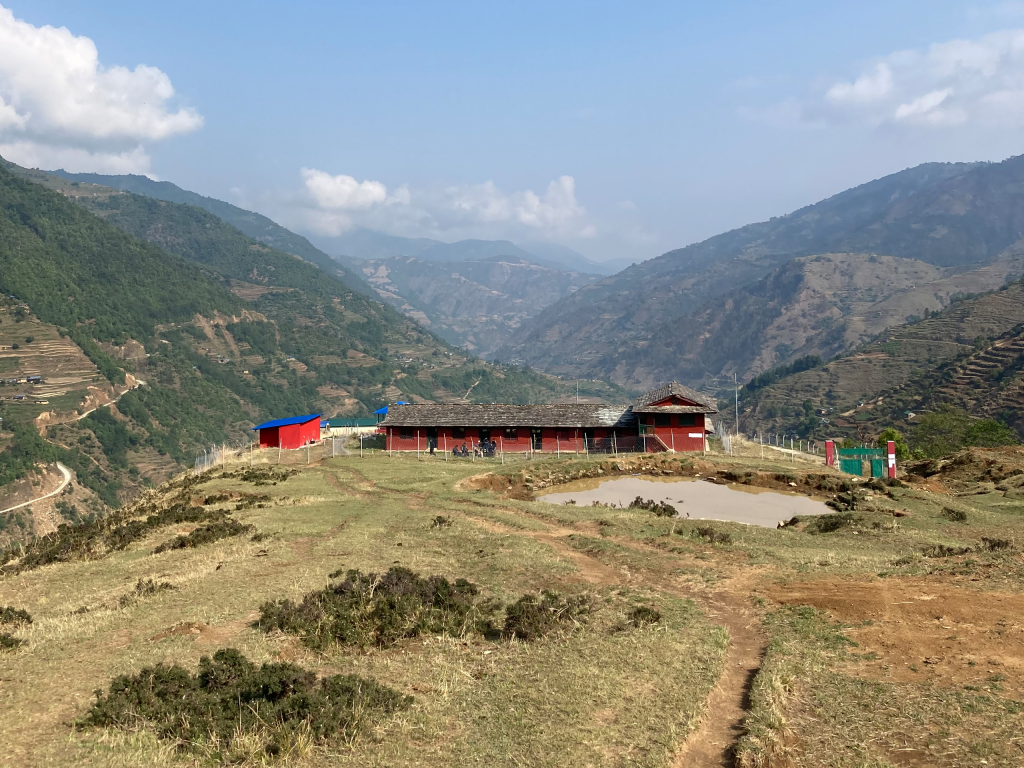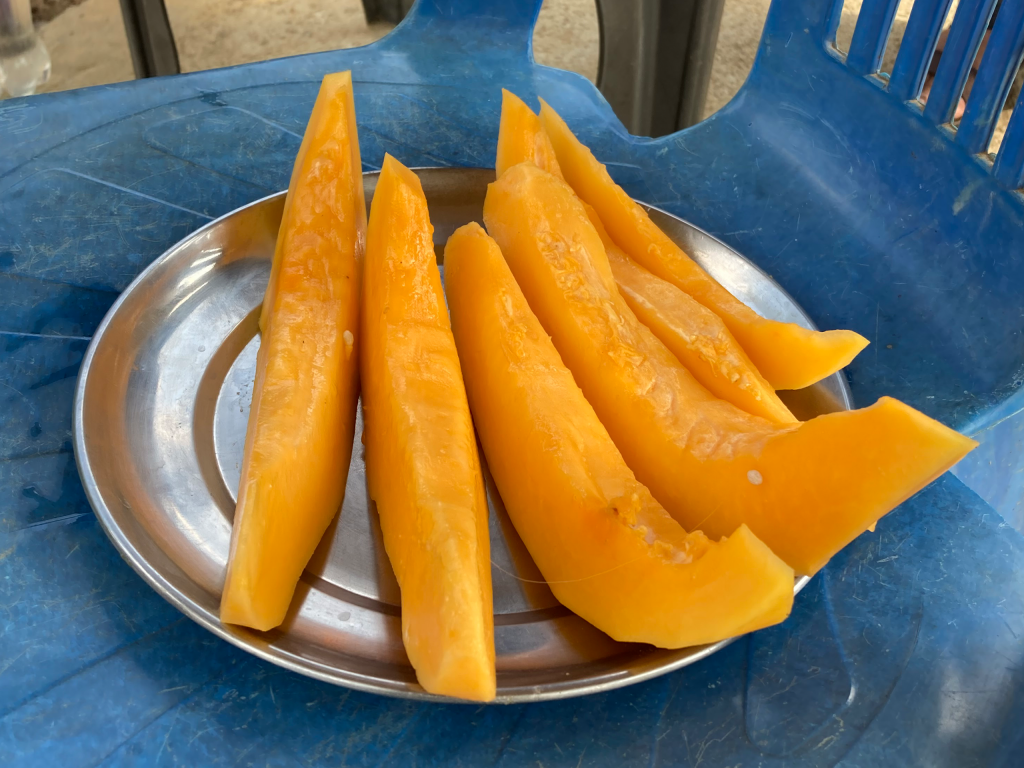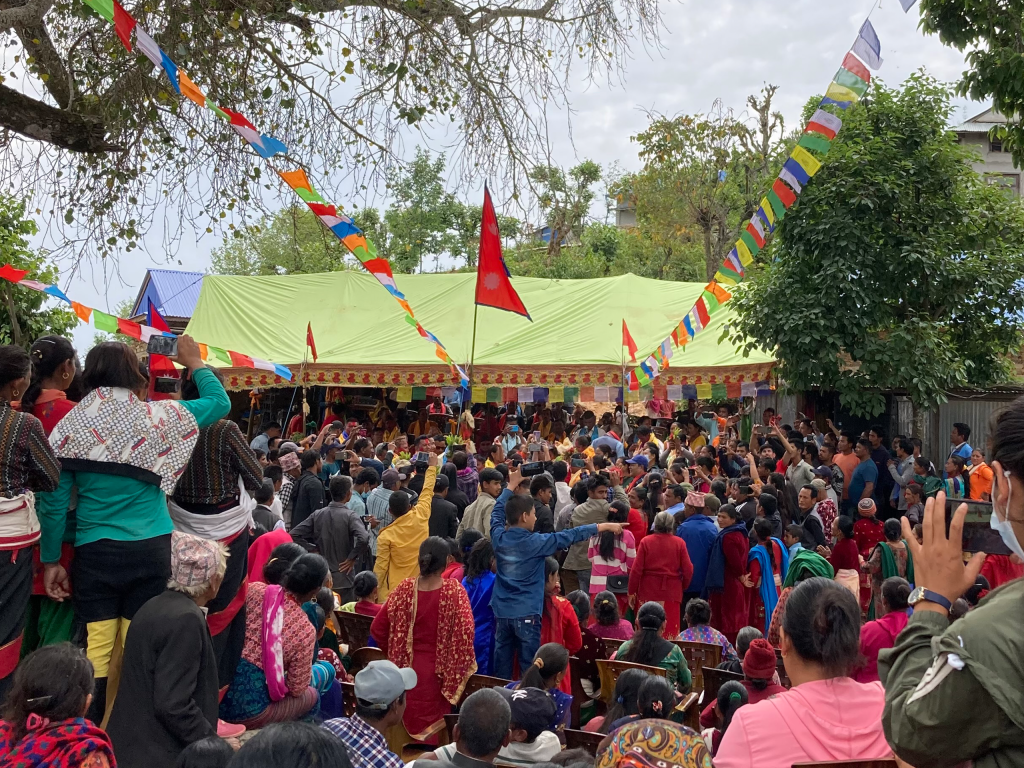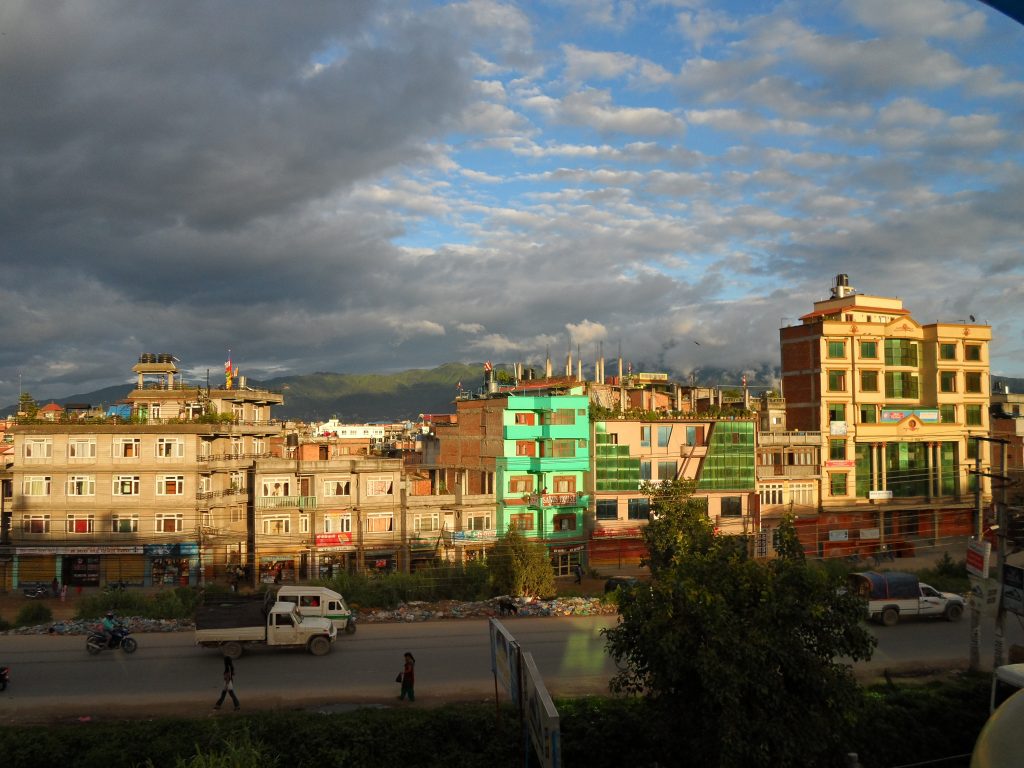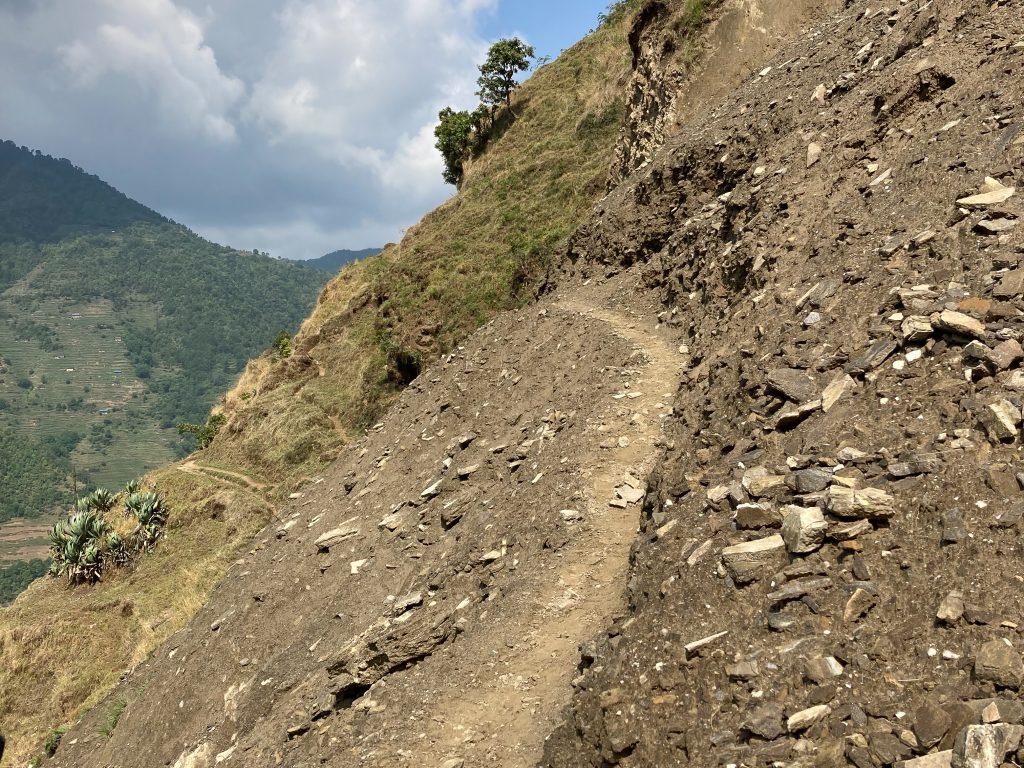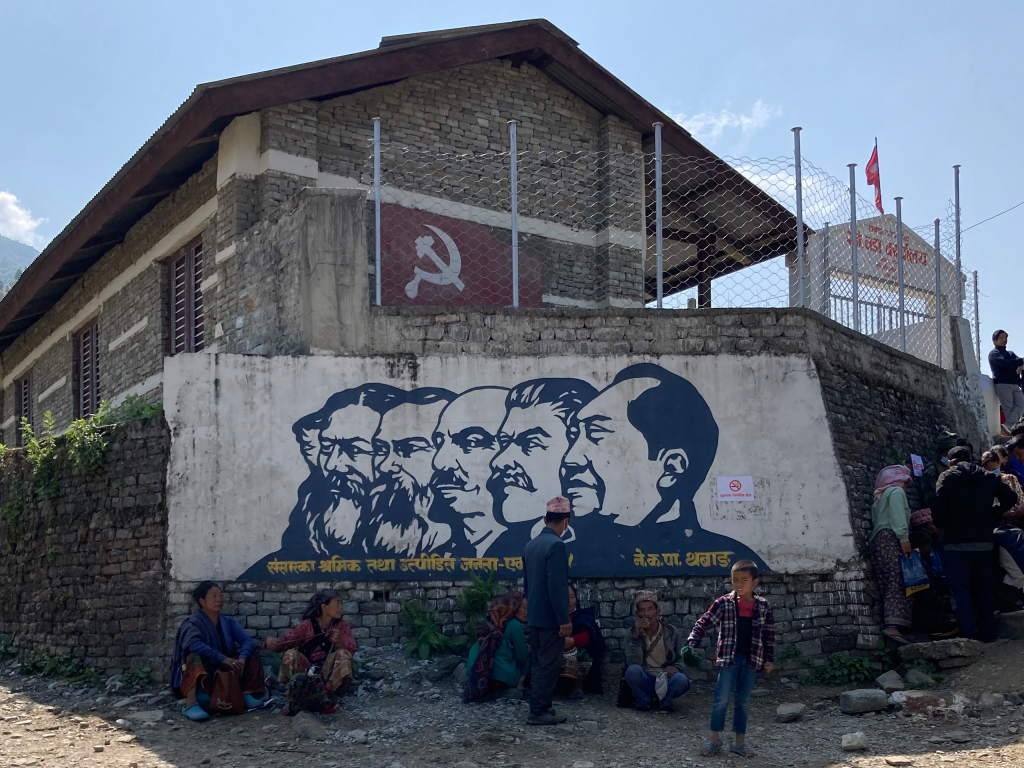About
The Podcast
Women at War and its Aftermath is a story-based podcast that explores the intricate stories of women who fight and mobilise for what they believe in. What does it mean to be an agent in war – or in peace? How might women’s activism and involvement in politics take many forms? What role does the researcher play in generating stories and multiple readings of stories? Swastika and Hanna reflect on these questions whilst listening to the stories of women who lived through the Maoist People’s War in Nepal.
The Research
The podcast emerges from a research project titled ‘The politics of Women’s Agency: gender and peacebuilding in post-conflict Nepal’. The research explores questions of women’s agency focusing on experiences of women ex-fighters and women activists engaged in collective mobilisations around enforced disappearances. How is women’s political agency expressed in post-war contexts and in relation to peacebuilding? What are the forms that agency can take? How are these expressions of agency located?
The People's War
In 1996 the Communist Party of Nepal (Maoist) launched its ‘People’s War’, waged against the government and what its instigators saw as over 200 years of feudal exploitation. The Maoist campaign lasted for a decade and was aimed at overthrowing the Hindu monarchy and the existing unresponsive political system and replacing it with a new platform. The movement drew most of its cadres from the rural youth and historically marginalised ethnic and caste groups, and around 30-40 per cent of the People’s Liberation Army were women.
